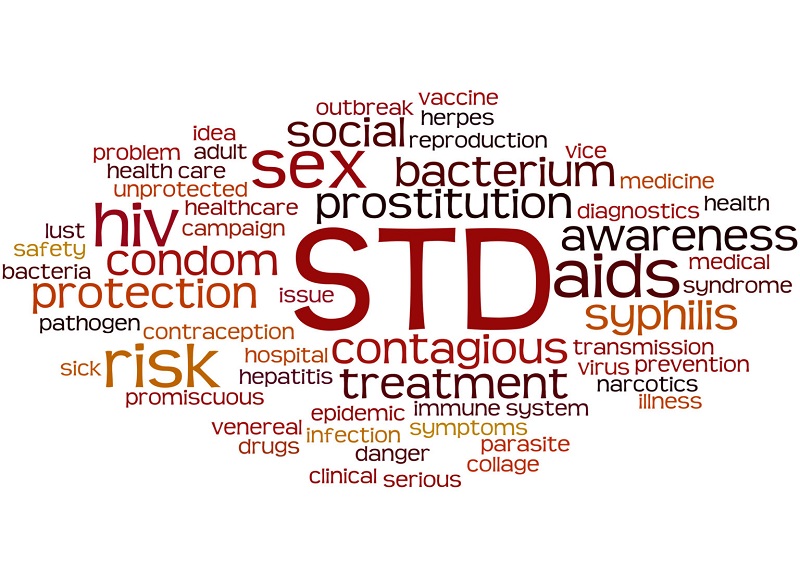Sexually transmitted diseases, or STDs, are infections passed from one person to another during sexual activity. They can be caused by bacteria, viruses, or parasites and can affect both men and women of all ages. Prevention is key when it comes to STDs, so here are some tips to help reduce your risk.
1. Use Protection – Condom use is one of the most effective ways to prevent the spread of STDs. Using condoms during sexual activity can greatly reduce your risk of contracting or spreading a sexually transmitted infection. However, it’s important to note that condoms are not 100% effective at preventing transmission of all STDs, so it’s important to use them correctly and consistently.
2. Get Tested – Getting tested for STDs is another important step to take in STD prevention. Knowing your status can help you make informed decisions about sexual activity and seek treatment if needed. Many STDs don’t have symptoms, so testing is often the only way to know for sure if you’re infected.
3. Limit Partners – The more sexual partners you have, the higher your risk of contracting or spreading an STD. Limiting your number of sexual partners can reduce your risk and help protect you and your partners from infections.
4. Talk to Your Doctor – Talking to your doctor about your sexual health can help you make informed decisions about STD prevention, including which types of birth control and STD testing options are best for you.
5. Avoid High-Risk Behavior – Some sexual behaviors, such as unprotected oral or anal sex, are considered high-risk for STD transmission. Avoiding high-risk behavior can reduce your risk of contracting or spreading an STD.
6. Be Open and Honest – Being able to discuss sexual history, protection, and testing with your partner(s) is an important part of STD prevention. Being open and honest with your partner(s) can help you both make informed decisions and protect each other’s sexual health.
In conclusion, STDs are a serious health concern, and prevention is key. Following these tips can help reduce your risk of contracting or spreading an STD and promote healthy sexual relationships. Remember, it’s always better to err on the side of caution when it comes to sexual health.


